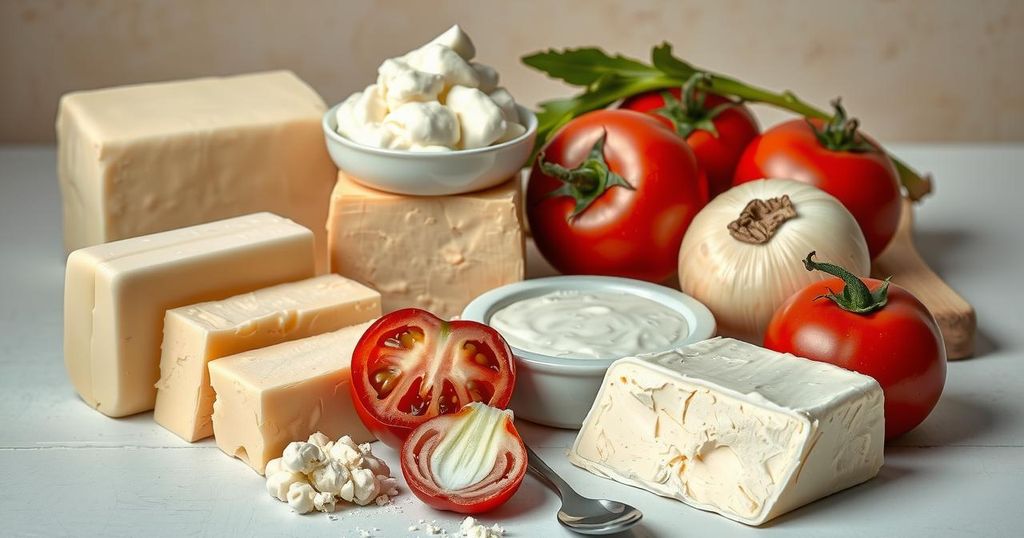Celebrity
ARGENTINA, ASIA, AZERBAIJAN, BELARUS, EUROPE, EUROPE/ASIA, EXPORT GROWTH, EXPORTS, FEDERAL SERVICE FOR VETERINARY AND PHYTOSANITARY SUPERVISION, FOOD AND BEVERAGES, GLOBAL ECONOMY, INTERNATIONAL TRADE, IRAN, KAZAKHSTAN, ROSS, ROSSELKHOZNADZOR, RUSSIA, SOUTH AMERICA, SUPPLY CHAIN, TEHRAN, TIMES, TURKMENISTAN, TV, URUGUAY
Fatima Khan
0 Comments
Significant Growth in Butter Imports to Russia from Argentina and Uruguay
Russia has noted a significant rise in butter imports from Argentina and Uruguay in early 2025. Butter supplies from Argentina increased 5.6 times to 2,000 tonnes, while those from Uruguay doubled to 1,000 tonnes. Major growth was also observed in onion and garlic imports, as well as a reliance on Belarus and Kazakhstan for ice cream and cottage cheese.
The Federal Service for Veterinary and Phytosanitary Supervision (Rosselkhoznadzor) reported a remarkable increase in butter imports to Russia from Argentina and Uruguay in early 2025. Supplies from Argentina surged 5.6 times from the previous year, totaling 2,000 tonnes, while imports from Uruguay doubled to 1,000 tonnes.
Additionally, the data revealed that all ice cream imported into Russia, totaling 2.1 thousand tonnes, originates solely from Belarus (with 1.4 thousand tonnes from Kazakhstan). Cottage cheese imports are also entirely sourced from Belarus, reaching 16.6 thousand tonnes.
Furthermore, Russia has seen significant growth in onion and garlic imports, which rose 2.1 times to 77.8 thousand tonnes. In the tomato market, Turkmenistan and Azerbaijan were the leading suppliers, providing 30 thousand tonnes and 28.7 thousand tonnes, respectively, contributing to a total of 124.9 thousand tonnes of tomatoes imported this year.
In summary, Russia has experienced substantial growth in several food imports, particularly butter from Argentina and Uruguay and significant imports of onions, garlic, and tomatoes from various sources. This increase highlights the changing dynamics of Russia’s import landscape and its reliance on specific international suppliers in the agricultural sector.
Original Source: tvbrics.com




Post Comment